One of the most common forms of “military justice” is “Article 15” — Article 15 Nonjudicial Punishment is a commander’s way of handling minor misconduct without a judicial hearing. In the Army, Air Force, and Space Force, we call these actions “Article 15,” “Nonjudicial Punishment,” or “NJP.” In the Marine Corps, they’re often referred to as “Office Hours.” And in the Navy, it’s known as “Captain’s Mast” or “Admiral’s Mast.” This form of punishment is authorized by Article 15, Uniform Code of Military Justice — hence, the name “Article 15.”
An Article 15 Nonjudicial Punishment can have immediate and long-term impacts on your military career. It is important to understand these impacts before you decide how to respond appropriately to this form of military justice.
Article 15 of the Uniform Code of Military Justice permits a commander to punish a military member for various types of misconduct. If a military member violates any part of the UCMJ, the commander can take action under Article 15. To begin the process, a commander must have reason to believe that a member of their command has committed an offense under the UCMJ.
The commander then informs the member of the suspected offense and permits the member to either “accept” Article 15 or demand a trial by court-martial. If a member accepts the Article 15, it means they are allowing the commander alone to decide if they are guilty or not guilty of the offense, and if found guilty, an appropriate punishment. This makes the commander the “judge, jury, and executioner.” If the members reject the Article 15, the commander may then send the case to court-martial.
If the member accepts the Article 15 and is found not guilty, the entire process is over. But if the member accepts the Article 15 and is found guilty, there can be immediate and long-term impacts on the military member’s career.
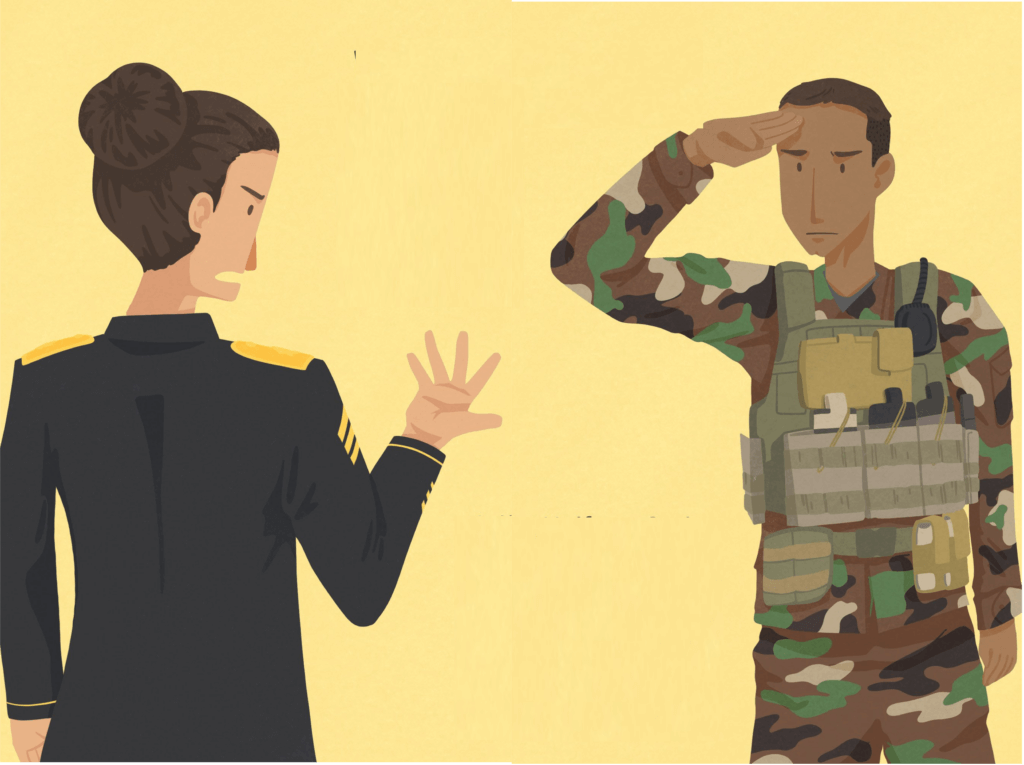
If you are found guilty in an Article 15 Nonjudicial Punishment proceeding, the commander will immediately impose punishment. The range of punishment depends on your rank and the rank of the individual punishing you.
If you are an enlisted member and your commander is a company grade officer (O-3 or below), your punishments may include:
If you are an enlisted member and the commander is a field grade officer (O-4 or above), your punishments may include all of the above. In addition, the commander could impose correctional custody for up to thirty (30) days, extra duty for up to forty-five (45) days, and restrictions for up to sixty (60) days.
If you are an officer, your punishments may include:
For officers, an Article 15 Nonjudicial Punishment action is likely a career-ender, as discussed below.
The immediate impacts of an Article 15 Nonjudicial Punishment are likely to be painful. You could lose pay, rank, or be restricted to certain limits (like your home and workstation) for a long time. But the long-term impacts are equally damaging.
First, for any military member, an Article 15 Nonjudicial Punishment action will likely affect your promotability. Depending on how soon after your Article 15 you are scheduled to promote or face a promotion board, you may not be competitive for promotion. So even if you don’t lose rank during the Article 15 process, you may not be able to promote to your next rank anytime soon because you have an Article 15 Nonjudicial Punishment on your record.
Second, if you are an enlisted member and you lose rank during the Article 15, you may hit high-year tenure. This could end your career before you planned for it to end. Similarly, an Article 15 Nonjudicial Punishment may motivate your command to deny your future reenlistment. This would mean that, if you are approaching the end of your current enlistment and receive an Article 15, you may not be able to sign up again.
Next, your command may use an Article 15 Nonjudicial Punishment to justify an administrative discharge. This could mean that you would be separated from the military before the expiration of your term of service. Depending on the type of discharge your command seeks, you could also lose your Honorable service characterization and, with it, your VA benefits.
Finally, if you are an officer, an Article 15 Nonjudicial Punishment action is likely to be a career-ender. Not only will you be less competitive for promotion, but your command may be motivated to separate you from the service. Becoming and remaining an officer is very competitive, and an Article 15 is a hugely negative mark on your record.
If you are facing an Article 15 Nonjudicial Punishment, you need to write a persuasive response to avoid these short- and long-term impacts. Our products can help. If you are interested, please feel free to read more on our website or purchase a Response Template below:
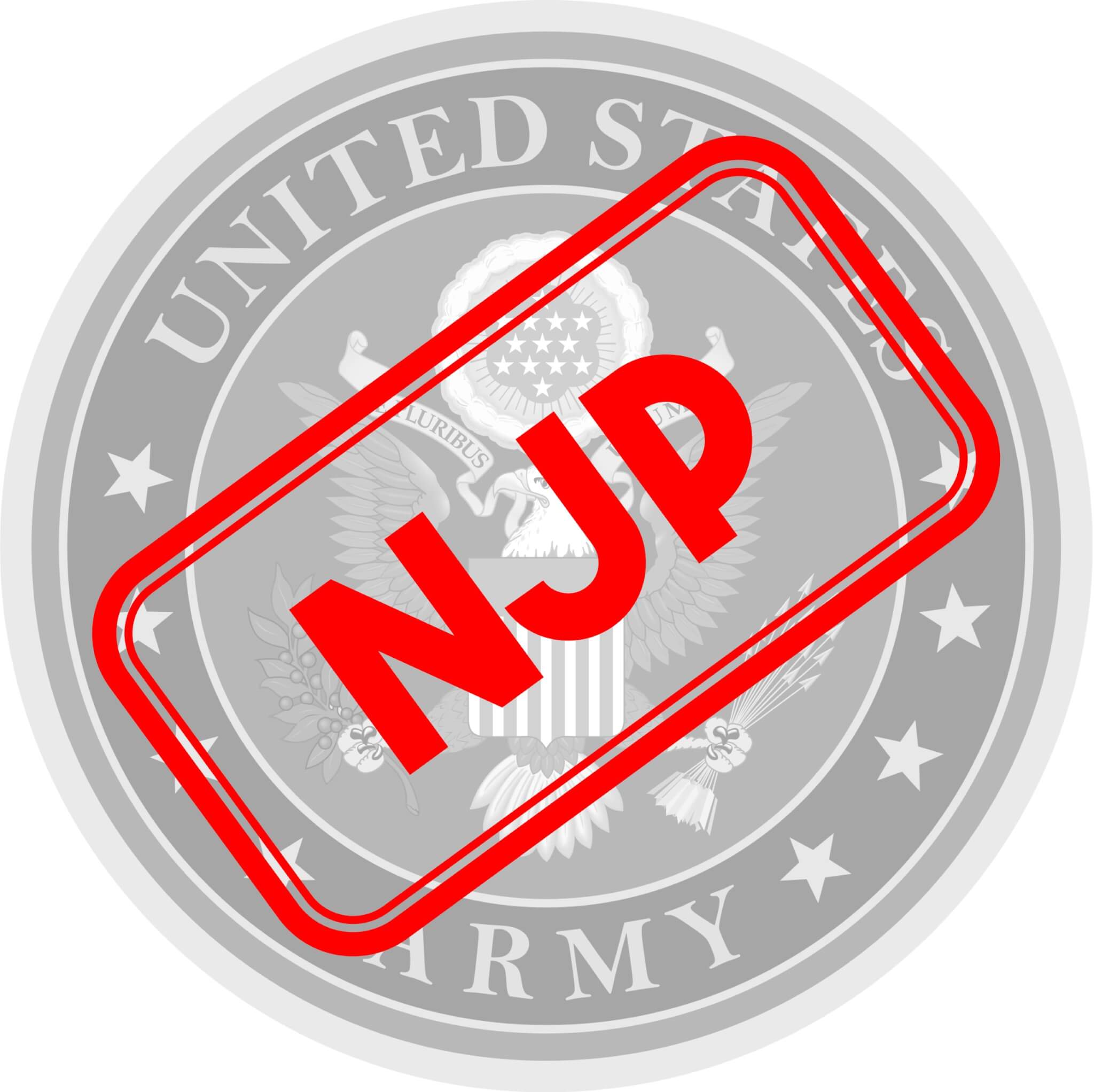
Our NJP Response Template is written by experienced military officers. When you purchase this template, you will be able to download and get started!
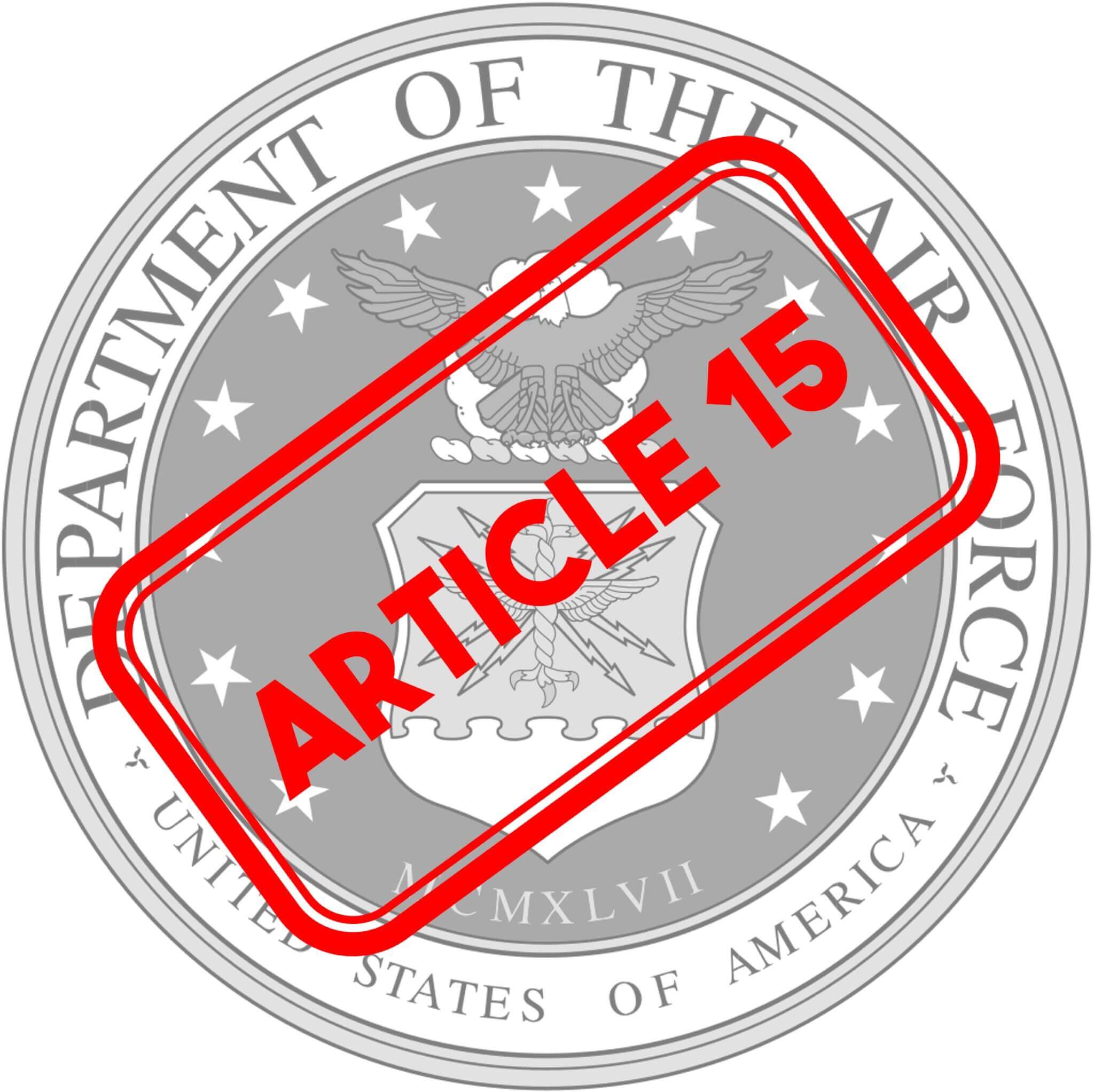
Our Article 15 Response Template is written by experienced military officers. When you purchase this template, you will be able to download and get started!
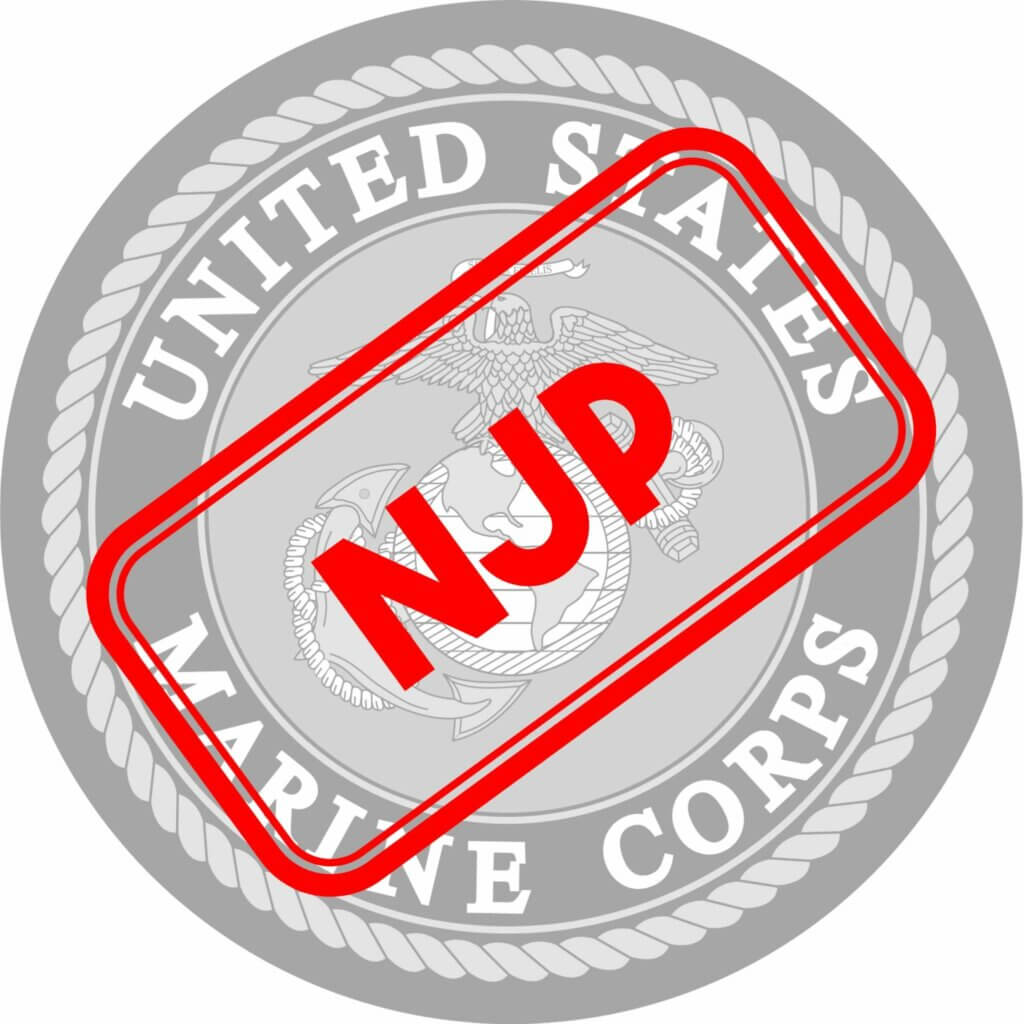
Our NJP Response Template is written by experienced military officers. When you purchase this template, you will be able to download and get started!
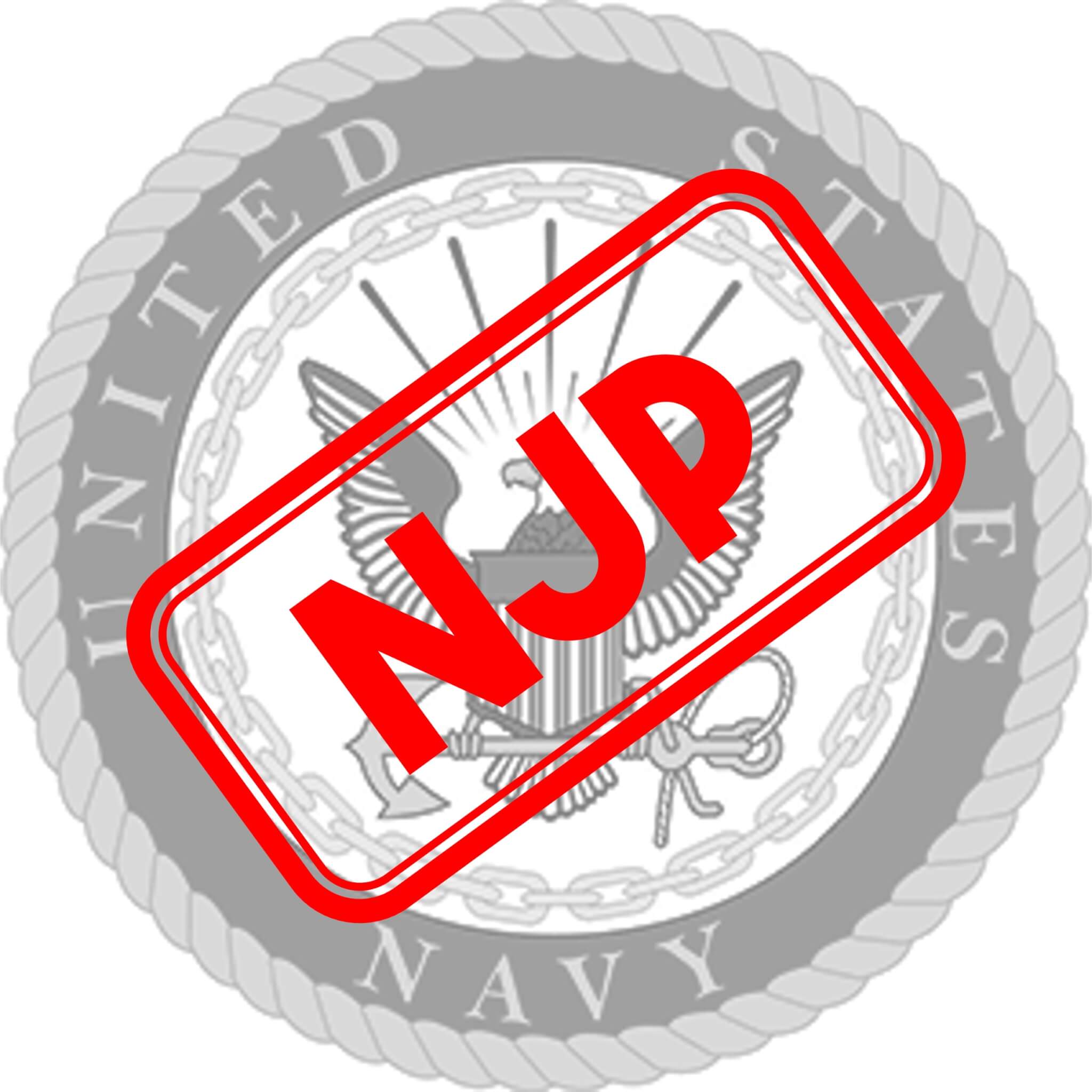
Our NJP Response Template is written by experienced military officers. When you purchase this template, you will be able to download and get started!
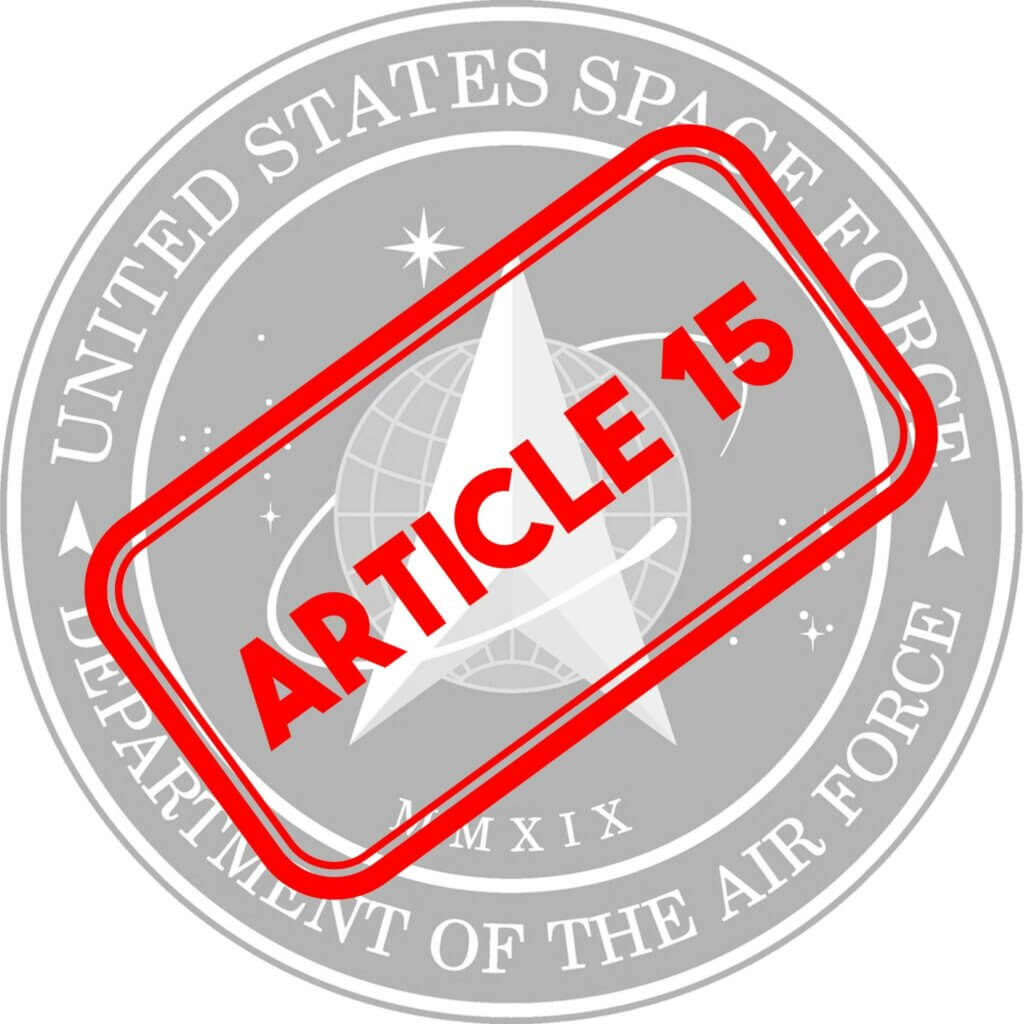
Our Article 15 Response Template is written by experienced military officers. When you purchase this template, you will be able to download and get started!
Military Justice Guides and MilitaryJusticeGuides.com are not law firms, nor do our employees act as legal counsel. MilitaryJusticeGuides.com provides an online portal to give users a general understanding of military law and to provide an automated software solution to individuals who choose to prepare their own documents. MilitaryJusticeGuides.com Services may also include a review of your answers for completeness, spelling, grammar, and for internal consistency of names, addresses and the like. At no time do we review your answers for legal sufficiency, draw legal conclusions, provide legal advice, opinions or recommendations about your legal rights, remedies, defenses, options, selection of forms, or strategies, or apply the law to the facts of your particular situation. We are not a law firm and may not perform services performed by an attorney. Military Justice Guides and MilitaryJusticeGuides.com, its related Services, and its forms or templates are not a substitute for the advice or services of an attorney.
